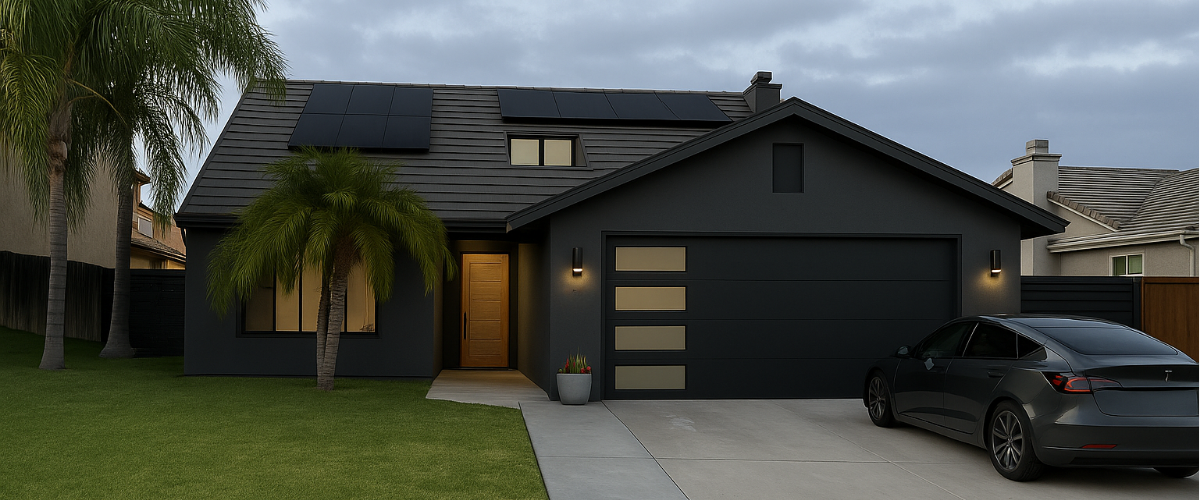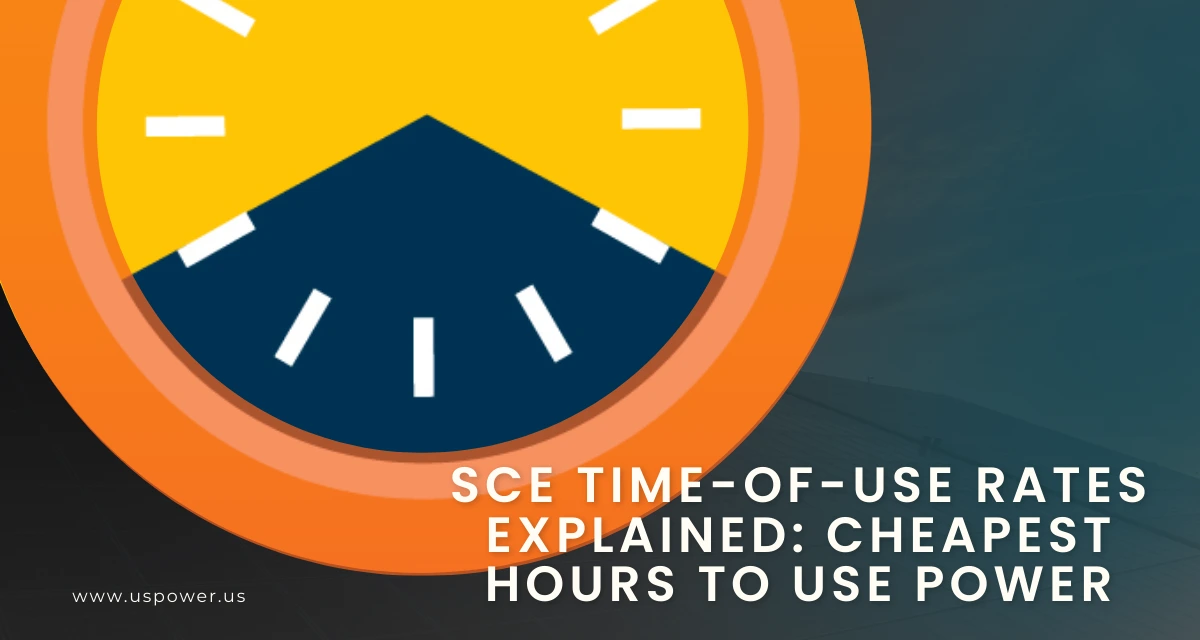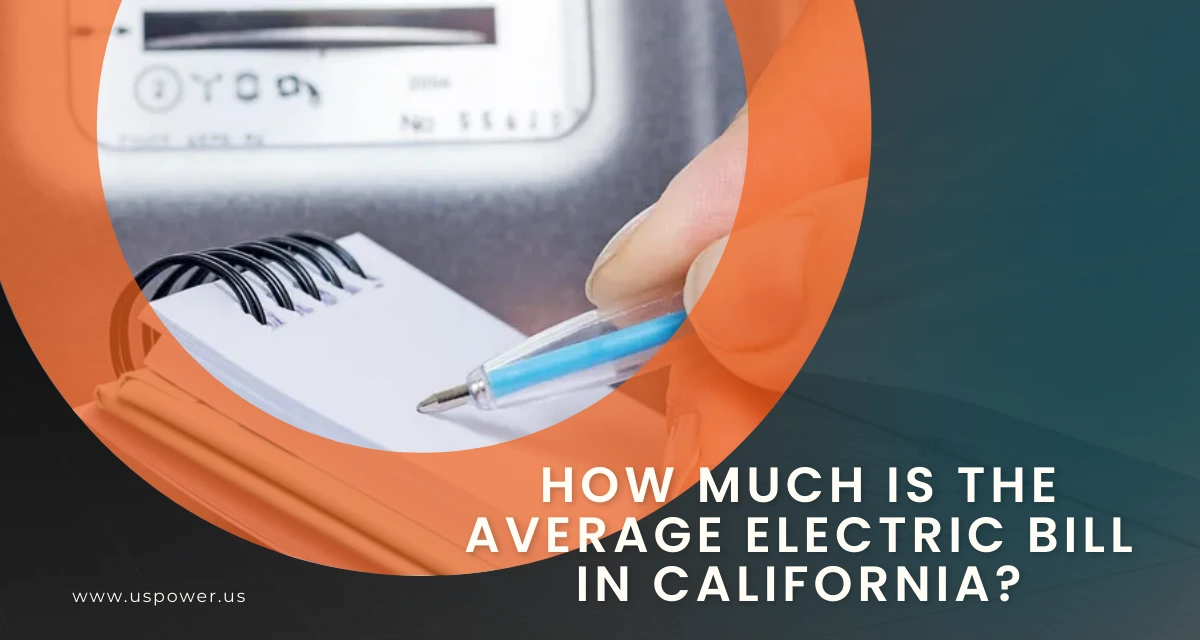How Much Does It Cost to Charge an Electric Vehicle in California?

Solar and Roofing Advisor
Charging your EV in California costs less than half of fueling a gas car. Explore average EV charging costs, utility rates, and solar savings for homeowners.

California leads the nation in electric vehicle (EV) adoption, with more drivers making the switch every year. But for many homeowners—especially in Southern California—the big question remains: How much does it actually cost to charge an EV compared to fueling a gas car?
The short answer: even with California’s higher electricity rates, charging an EV at home is still significantly more affordable than buying gasoline. And with the right setup, like a Level 2 charger or solar panels, you can drive for pennies per mile.
The Basics of EV Charging Costs
Unlike gasoline cars, EVs run on kilowatt-hours (kWh). To understand costs, you’ll want to know two things:
- Your electricity rate (average in California is around $0.26 per kWh, versus $0.13 nationally).
- Your car’s battery size (measured in kWh) and how much range it provides.
For example:
- A 40 kWh EV battery (around 150 miles of range) costs about $10 to fully charge at California’s average rate.
- Larger batteries, like 75–100 kWh packs, can cost $20–$26 for a full charge at home.
By comparison, a 25 mpg gas car in California at $5 per gallon costs $30 for 150 miles of range—roughly 3x more expensive.
Cost Per Mile Comparison
Here’s what it looks like per 150 miles of driving:
| Charger Type | Rate (per kWh) | Cost (≈40 kWh) | Cost per Mile |
|---|---|---|---|
| Home Charging (CA Avg) | $0.26/kWh | $10.40 | ~7¢ |
| Public Level 2 Charger | $0.30/kWh | $12.00 | ~8¢ |
| Public DC Fast Charger | $0.40/kWh | $16.00 | ~11¢ |
Key takeaway: EV charging is less than half the cost of gasoline, even in California.
Types of Charging Options
1. Home Charging
- Cheapest option.
- With a Level 2 charger, you can fully charge overnight (8–12 hours).
- Installation costs: $1,000–$2,500, but long-term savings quickly outweigh the expense.
2. Public Level 2 Charging
- Found in shopping centers, workplaces, and parking structures.
- Convenient but slightly pricier than home charging.
3. DC Fast Charging
- Charges an EV up to 80% in 30–60 minutes.
- Best for road trips, but costs up to 40–50% more per kWh than home charging.
How Policy Affects Charging Costs
California is shifting its billing structure to include a fixed monthly charge (about $24–$34 depending on utility), while lowering per-kWh rates. This is a win for EV owners, who use more electricity and will see their per-mile charging costs drop—saving around $28–$44 per month compared to the current system.
Maximizing Savings with Solar Energy
Pairing EV charging with solar panels is the ultimate money-saver:
- Solar panels generate free electricity during the day.
- Excess power can be stored in a home battery and used to charge your EV at night.
- This turns your EV into a true zero-emissions vehicle while cutting your energy bills dramatically.
The Real-World Costs for Southern California Drivers
- Typical EV drivers spend $30–$60 per month on electricity for charging—less than half of what they’d spend on gasoline.
- Gas-powered cars average $150–$250 per month in fuel costs, depending on mileage.
- Even with high California rates, EV owners save $1,000–$1,500 annually in fueling costs alone.
Get Started with Smart EV Charging Through US Power
Charging an EV in California costs between $7 and $16 per 150 miles, depending on where and how you charge. Compared to gasoline’s $30 for the same distance, EVs clearly come out ahead.
And when you combine EV charging with solar power, you can drive on sunshine—virtually free, clean, and sustainable energy.
At US Power, we help homeowners in Southern California make EV ownership even more affordable by:
- Installing Level 2 home chargers for faster, cheaper charging.
- Designing solar + storage systems to cut energy bills.
- Handling permits, rebates, and installations from start to finish.
Contact US Power today for a free consultation and learn how to maximize your EV and solar savings.
Frequently Asked Questions
Related Articles
Our Related Blogs
Why 2025 Is the Year to Invest in a Solar Carport in SoCal
Save on energy and gain shade—here’s why solar carports are trending in SoCal.
SCE Time-of-Use Rates Explained: Cheapest Hours to Use Power
High SCE rates with solar + battery solutions. Avoid SCE peak charges with US Power.
How Much Is the Average Electric Bill in California?
Learn California's average electric bill and reduce costs by switching to solar.








We empower communities and businesses to harness clean, renewable solar energy solutions that drive sustainable growth.
Ready to Own Your Power? Call us today!
818-650-8010
Copyright © 2025 US Power - Axia by QCells. All Rights Reserved.
Privacy is important to us, so you have the option of disabling certain types of storage that may not be necessary for the basic functioning of the website. Blocking categories may impact your experience on the website.
Essential
These items are required to enable basic website functionality.
Personalization
These items allow the website to remember choices you make (such as your user name, language, or the region you are in) and provide enhanced, more personal features.
Marketing
These items are used to deliver advertising that is more relevant to you and your interests.
Analytics
These items help the website operator understand how its website performs, how visitors interact with the site, and whether there may be technical issues.
We and our third-party partners use cookies and other technologies to enhance and track your experience on this site, conduct analytics, and personalize marketing to you. By using the site, you agree to our use of these technologies, including recording and monitoring your interactions with the site.
Get an instant solar estimate using satellite!









